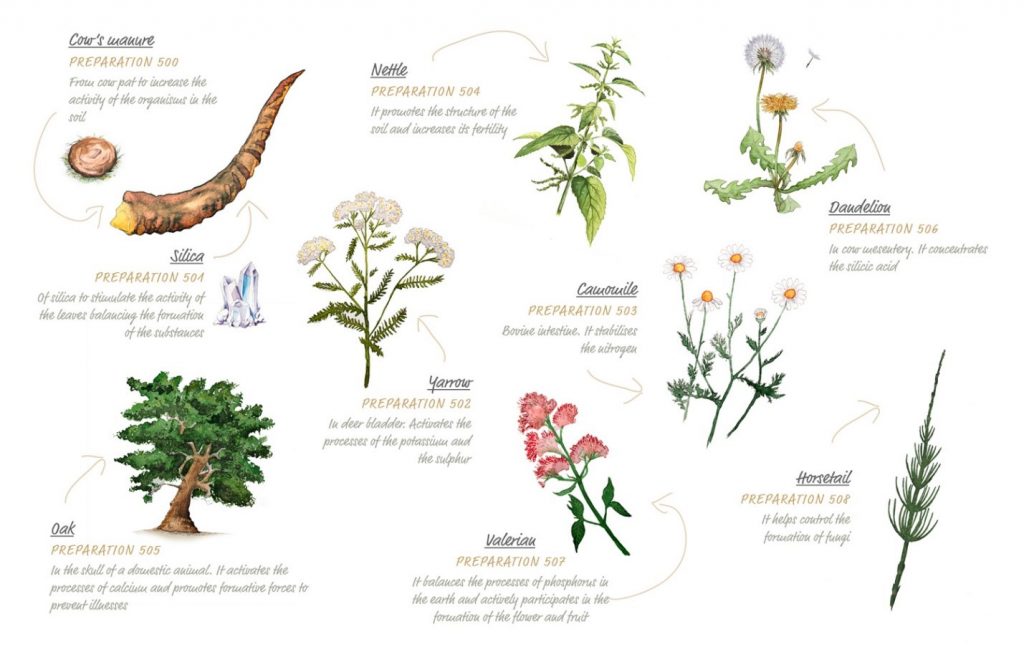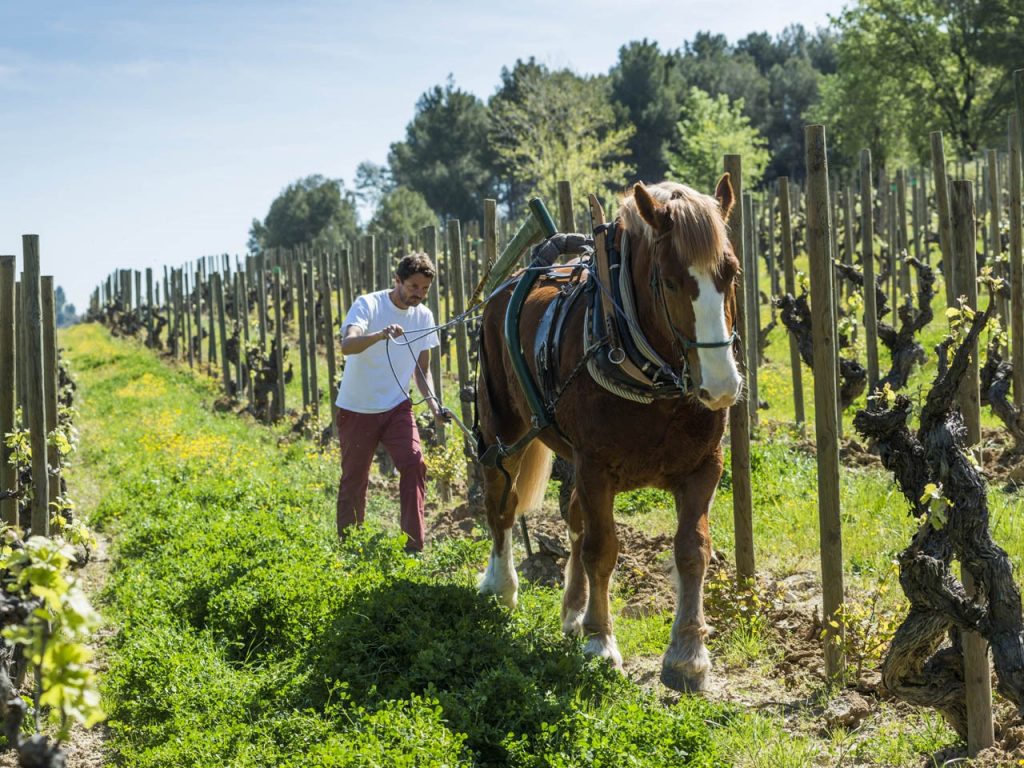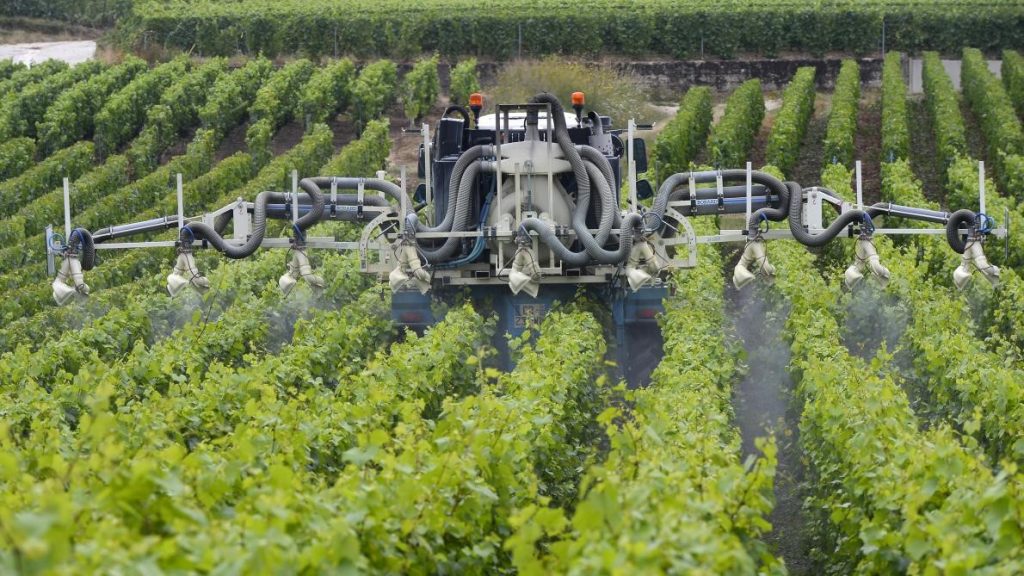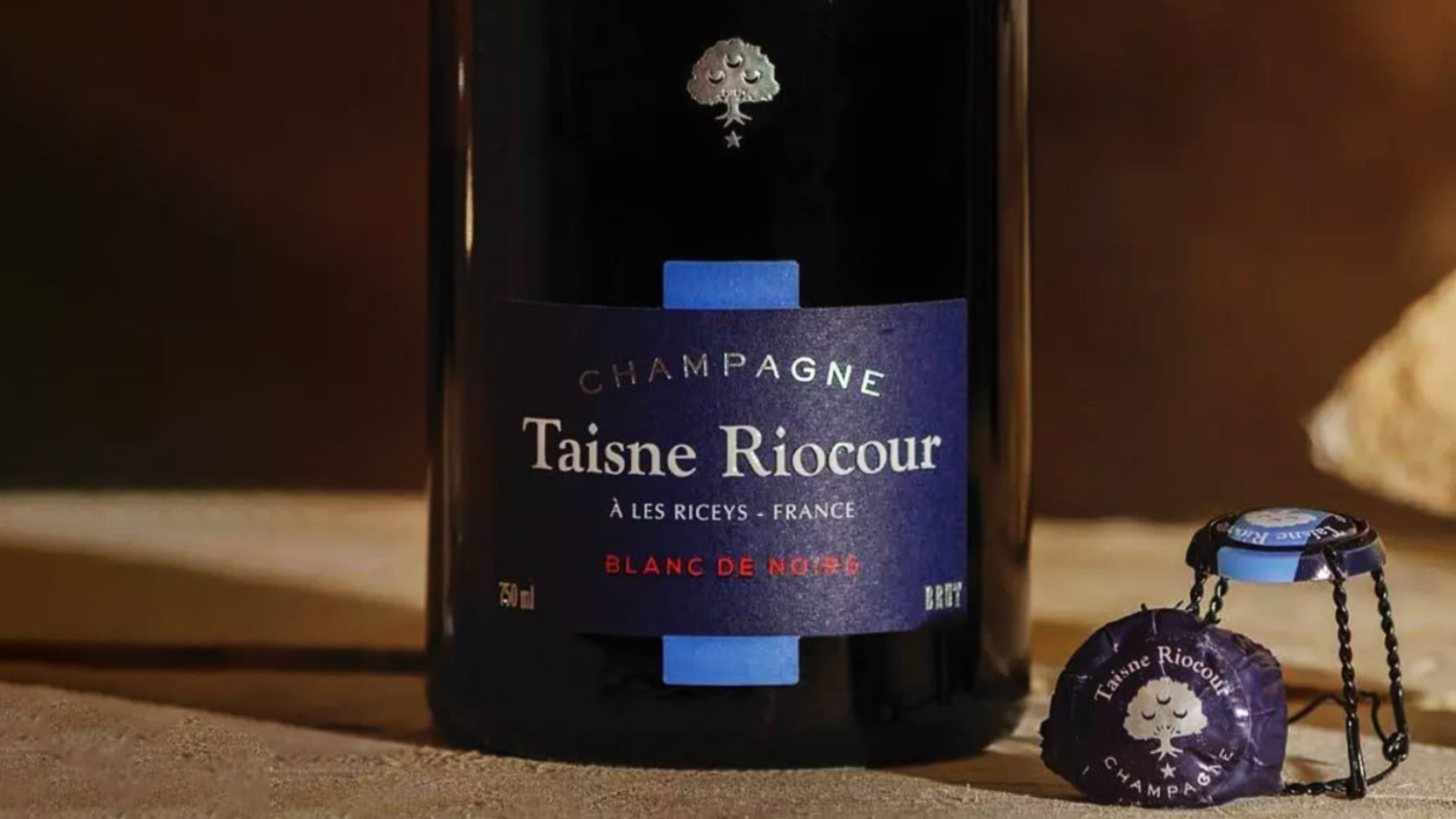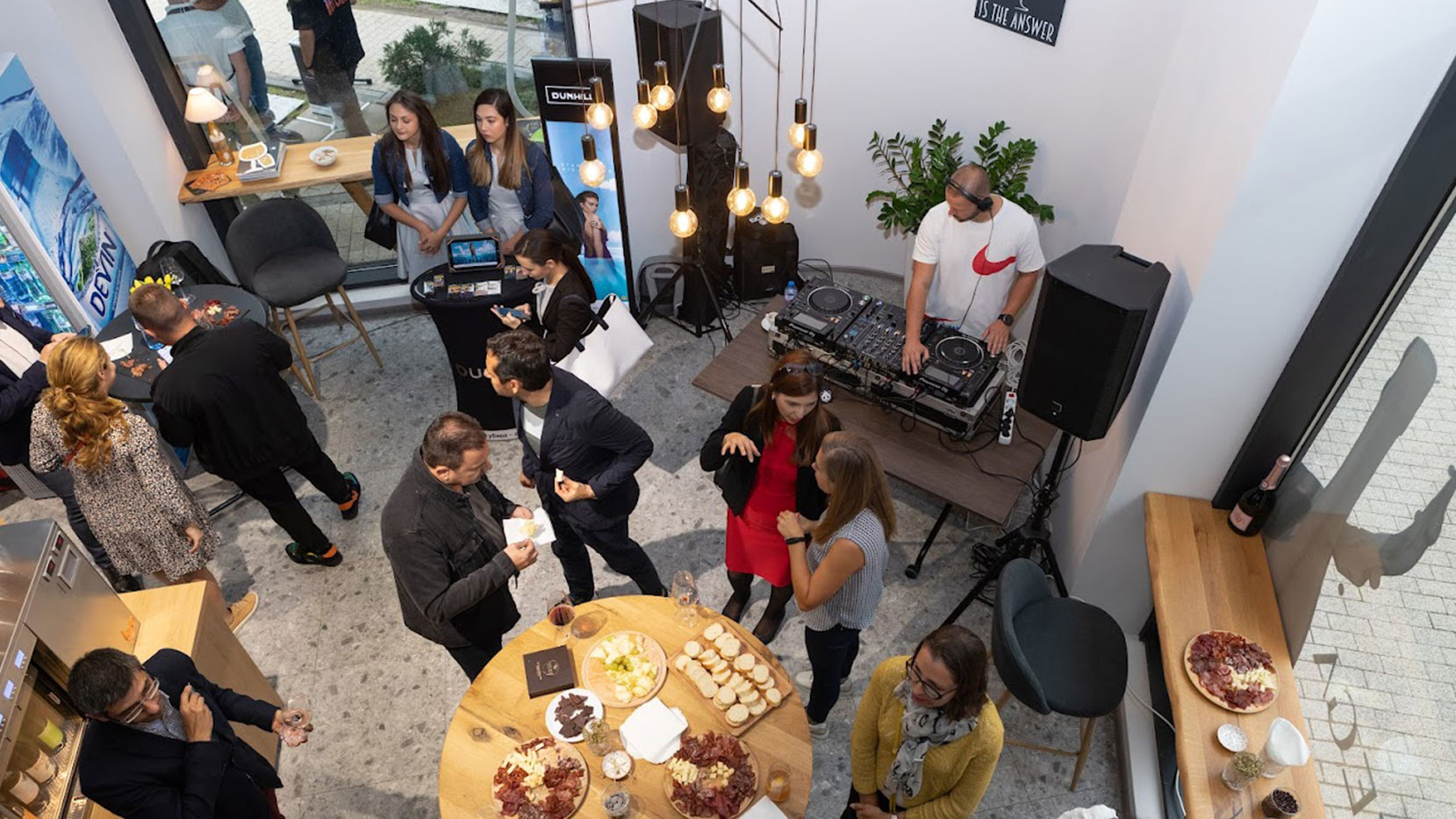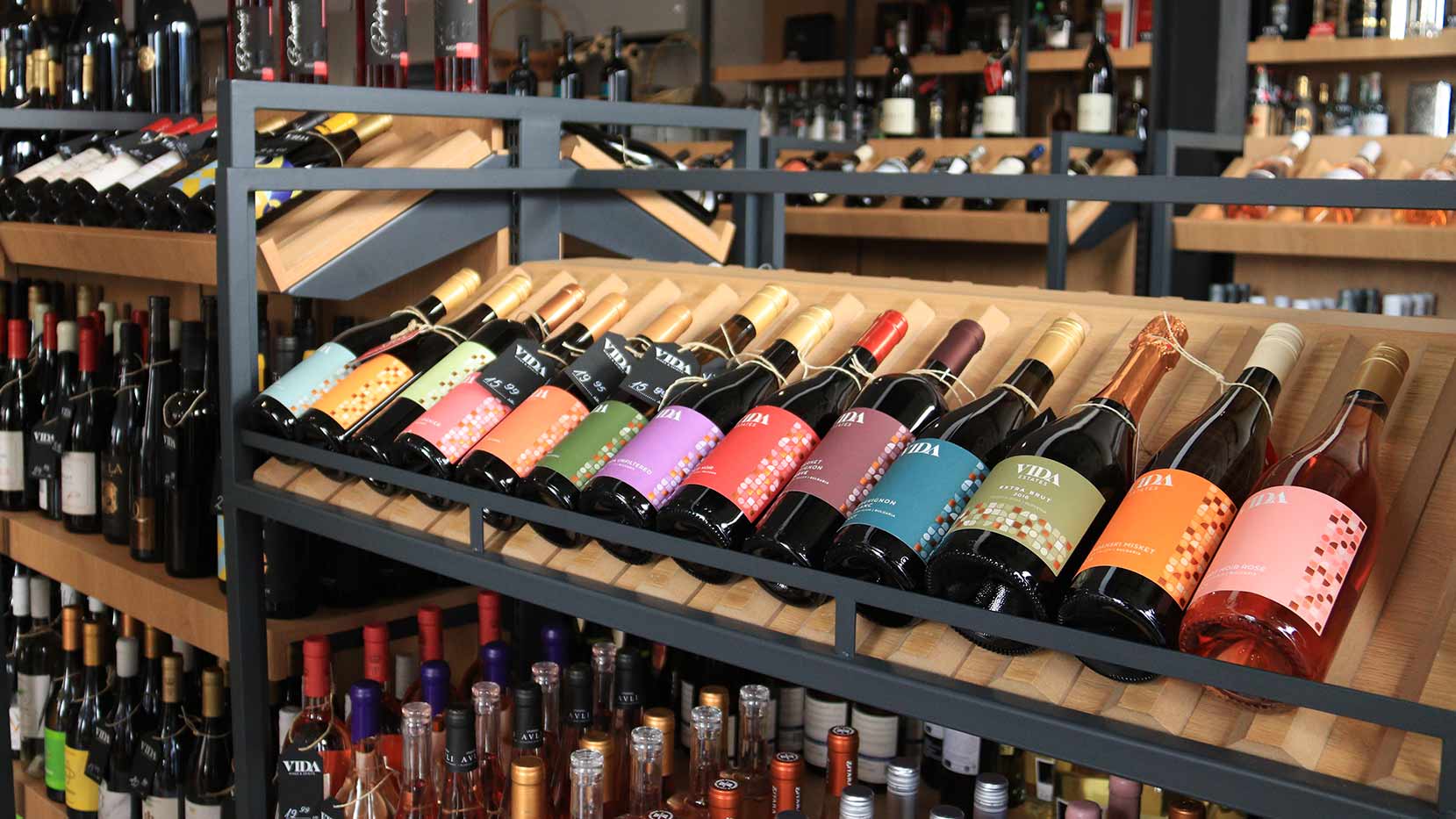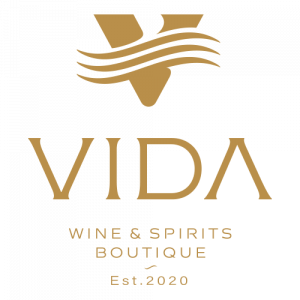VIDA Knowledge: Viticulture types
In the last 10 years, people have started talking about biodynamic, biological, organic, ecological and what not. The idea behind writing this article is to give a basic understanding of what these wines are in general and to distinguish between them. вина. Идеята за написването на тази статия е да даде базисно разбиране какво представляват тези вина в най-общи линии и да внесе разграничение между тях.
The VIDA Wines & Spirits team tries to contribute to the social commitment and understanding of the products it offers, thinking that this is extremely important for the preservation of our nature for future generations, both humans and plants and animals.
Biodynamic viticulture
Based on the theory of the Austrian anthroposopher, philosopher and esotericist Rudolf Steiner from 1924, biodynamic agriculture embodies the overall vision of communication between humans, animals, the Sun, the Moon and the planets, as well as the economically independent and complete way of working in symbiosis with nature.
Its purpose is to increase the life and fertility of soils through a variety of plants, insects and microorganisms, as well as the production of high quality compost (fertilizer) and certain preparations of quartz, chamomile, nettle, dandelion and other plants.
This also serves to strengthen the immune protection of the vines, so they can fight diseases and pests more successfully.
The consequence is the complete abandonment of the use of traditional as well as largely biological plant protection products.
Wine production is carried out following biological principles - with the least possible use of additives and the most sparing use of resources. The permitted sulphite content is less than that of traditional wines.
Biological viticulture (ecological, bio-organic, bio wine)
Organic viticulture refers to environmentally friendly vineyards and wine production with a focus on preserving healthy soils and conserving species diversity through diverse soil landscaping and the use of bio-fertilizer. The result of this type of agriculture is biodiversity, which supports the health of the vineyards, increases the appearance of various beneficial insects such as earthworms and ladybugs, providing a living environment for many other insects and microorganisms.
The use of organic plant maintenance products improves the level of protection of vineyards. The use of plant protection products such as herbicides is not permitted.
Biolicensed auxiliaries and additives may be used in the production of wine. The permitted content of sulphites is less than with traditional wines.
Integrated viticulture (sustainable agriculture))
Based on organic farming, integrated viticulture follows the environmentally sound management of vineyards through the greatest possible ecosystem sparing. In this method, the care of the soil must take place with at least partial landscaping of the land in order to ensure the viability of the soil and the presence of species diversity and thus to support the settlement of insects beneficial to the plant environment.
The use of biolicensed plant protection products is legally established, the use of environmental pollutants is limited / prohibited.
Sustainable/Permanent viticulture
In this certified form of management, the focus is on the environmental, economic and social aspects of viticulture - from vinification to the marketing of products.
In order for products to be certified, they must meet a number of requirements. At the forefront are climate protection, resource conservation, biodiversity and social responsibility. Following the motto "As much as necessary, but also as little as possible", in sustainable viticulture it is appropriate to use fertilizers and plant protection products. Saving electricity and water reduces carbon emissions, wines are bottled in thin-walled bottles, and workers are paid fairly, and these are just some of the key aspects.
Traditional/conventional viticulture
In order to guarantee the fertility of the vineyards and, accordingly, the economic efficiency, the use of only legally established preparations is allowed. These include herbicides, pesticides, fungicides, insecticides and mineral fertilizers. In recent years, and in traditional winemaking, there has been a change in the way of thinking. Many wineries are already working with environmentally friendly methods, saving energy resources and giving up pollutants.







